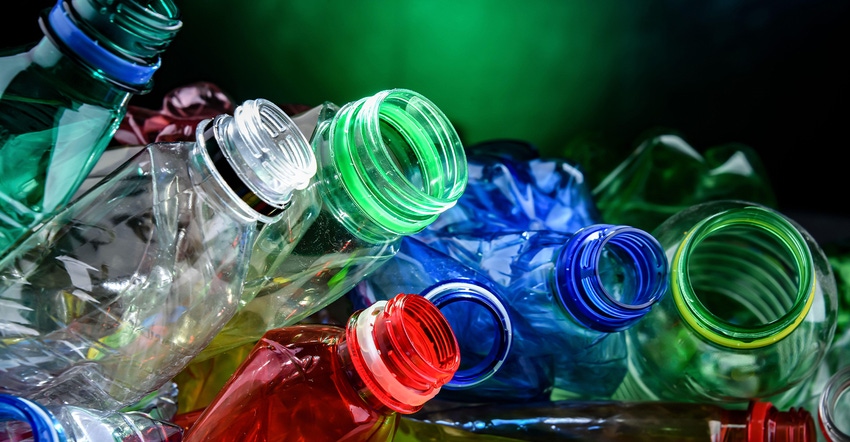Survey Reports Adults Fear Greenwashing Among Brands That Use Imported Plastic Waste
According to a new poll, there is a growing concern among French and German men and women regarding the use of imported plastic waste in recycled plastic products. Those polled are worried that the use of imported plastic waste, as opposed to domestic, leads to the risk of greenwashing and environmental, health, and safety concerns.

According to a new poll, there is a growing concern among French and German men and women regarding the use of imported plastic waste in recycled plastic products. Those polled are worried that the use of imported plastic waste, as opposed to domestic, leads to the risk of greenwashing and environmental, health, and safety concerns.
The survey comes from Stagwell’s The Harris Poll, which was commissioned by the global specialty materials company, Eastman. Of the 2,000 French and German citizens who were polled, all aged 18+, around 3 in 5 respondents say that they would be bothered to learn that recycled products are being produced with imported plastic waste.
"When asked about the practice of importing waste to create recycled products, more than half of German (59%) and French (56%) consumers say that brands who import plastic waste to create products with recycled content are greenwashing," said Allison Ewell, Vice President, Strategy and Go To Market at The Harris Poll.
"This suggests a strong preference for the use of domestic waste to create recycled products."
Imported waste of any kind can create a sense of worry for the public as it introduces fear of the unknown. Where is it coming from? What kind of waste is it? What’s wrong with it? Why do we need that waste for recycling when we have our own? These types of questions are reflected in the survey as again, more than half of the respondents (55% of the Germans, 61% of the French) say they are concerned about how imported waste to make recycled products could affect their health and safety.
In addition, nearly 64% of both the German and French respondents say that importing waste just to make recycled products negate the good being done by making recycled products using domestic waste. This could be because imported plastic waste can arrive contaminated, be of low quality, and be made up of multiple materials not fit for recycling. Those materials that can’t be recycled are then burned or dumped, contributing to the waste stream with negative impacts.
The survey shows a clear preference for domestic plastic waste to be used in recyclables among adults. Not only does this help combat greenwashing and lead to actual recycling of an area’s waste but eases concerns of environmental and health risks by accepting waste from elsewhere. Sustainable customers are becoming more and more aware of the products they buy, and brands would be mindful to listen to their consumer base or risk losing them.
About the Author(s)
You May Also Like




